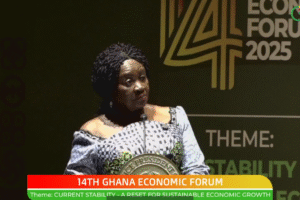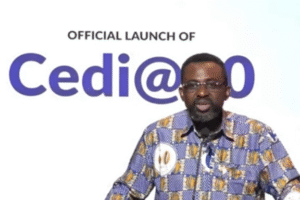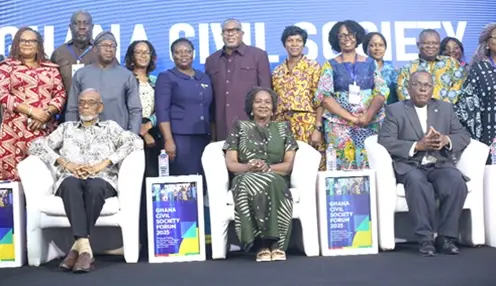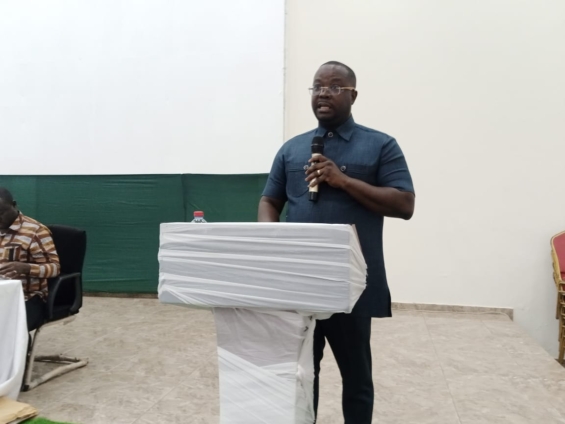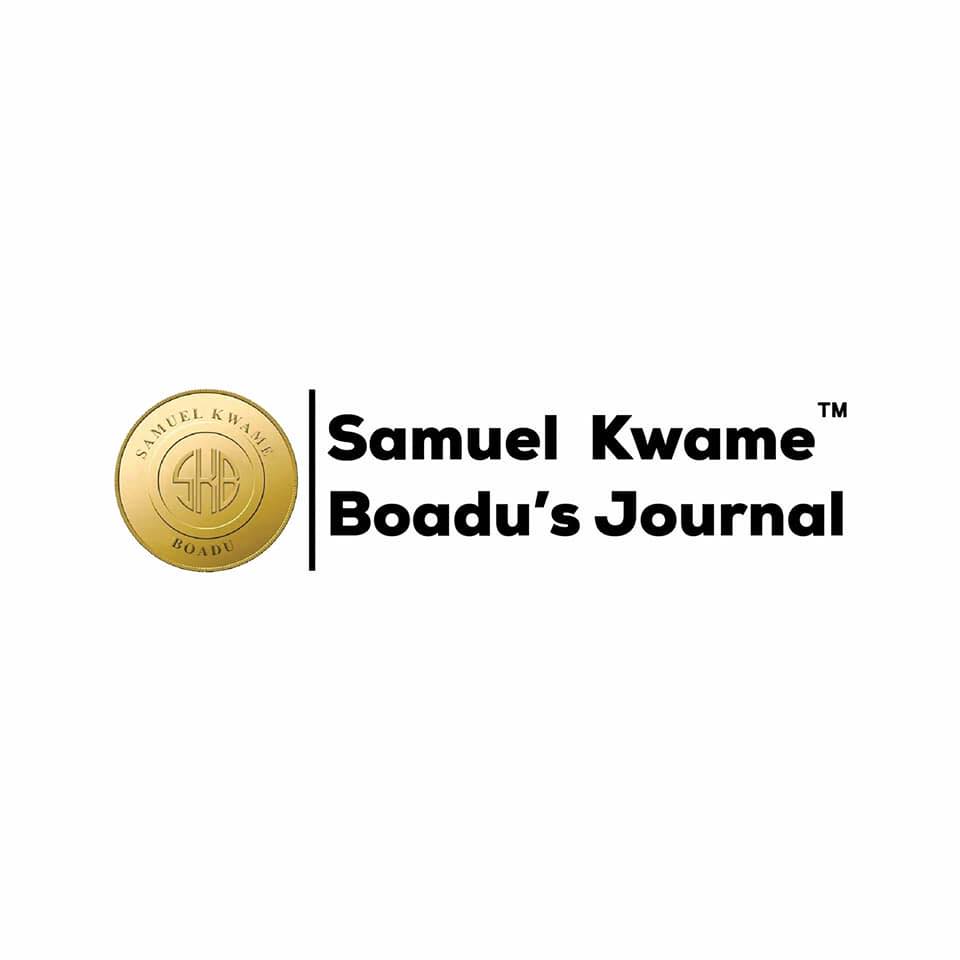Vice President Professor Naana Jane Opoku-Agyemang has shared that the government is nearing an agreement on the much-anticipated Non-Profit Bill, which aims to regulate Ghana’s civil society sector. This bill is designed to improve transparency, accountability, and governance among non-profits while ensuring their independence. Once approved, it is expected to provide a more organized framework for NGOs and development partners working across the country.
Vice-President reaffirmed this commitment during her address at the 2025 Ghana Civil Society Forum in Accra, where she outlined the government’s roadmap to collaborate with civic stakeholders on finalizing and passing the Bill.
According to her, the absence of a specific law governing the CSO space is a critical gap that must be addressed. “There is currently no specific law in place that facilitates the activities of CSOs and nurtures the development of the civil society space,” she stated.
📢 GET A DETAILED ARTICLES + JOBS
Join SamBoad's WhatsApp Channel and never miss a post or opportunity.
📲 Join the Channel NowAlongside the legislative commitment, Prof. Opoku-Agyemang announced a broader reform agenda aimed at improving the overall environment for non-profits. Key measures include introducing tax incentives and simplifying the registration processes for NGOs, community foundations, and philanthropic organizations. “We will examine our policies and legislation to ensure easier registration of NGOs, community foundations, and philanthropic organisations,” she said, adding that these initiatives would help deepen partnerships with community-led initiatives and strengthen Ghana’s local philanthropic ecosystem.
Tied to these reforms is the government’s larger ambition to reduce Ghana’s dependency on foreign aid by enhancing domestic financial resilience. She emphasized that the country faces growing economic constraints, including limited concessional funding, rising public debt, and a narrowing fiscal space, which make it increasingly difficult to meet basic national needs. These realities, she noted, require a strategic reorientation towards self-reliance, financial innovation, and inclusive growth models. The government, she said, is committed to creating an environment that encourages domestic investment and opens up new avenues for development financing.
Echoing these sentiments, the Executive Director of STAR-Ghana Foundation, Alhaji Ibrahim-Tanko Amidu, underscored the unsustainable nature of international donor dependency for CSOs. “The shrinking of international aid has serious implications not just for the financing of civil society activities, but for the very survival of the sector,” he said. He urged civil society actors, particularly young people, to embrace new and unconventional civic engagement models that reflect the shifting realities of the development landscape. “We must rethink what civil society looks like, how it operates, and how it brings stronger, younger, and more diverse voices into national development conversations,” he added.
The UN‘s commitment to this evolving civic space was also reiterated. In a statement delivered on her behalf by UNESCO Country Representative Edmond Moukala, United Nations Resident Coordinator in Ghana, Osama Makawi, reaffirmed the organization’s support for Ghana’s development goals through strengthened partnerships, innovative financing, and inclusive policy dialogue.
The Vice-President spoke at the 2025 Ghana Civil Society Forum, organized by STAR-Ghana Foundation with the theme “Reimagining Development Financing and Civil Action: Challenges, Opportunities, and the Way Forward.” The two-day event gathered diverse stakeholders, including CSOs, government representatives, traditional leaders, academics, youth advocates, and development partners, to promote cross-sector collaboration for achieving sustainable development goals.
Source: The High Street Business
Disclaimer: Some content on The High Street Business may be aggregated, summarized, or edited from third-party sources for informational purposes. Images and media are used under fair use or royalty-free licenses. The High Street Business is a subsidiary of SamBoad Publishing under SamBoad Business Group Ltd, registered in Ghana since 2014.
For concerns or inquiries, please visit our Privacy Policy or Contact Page.

